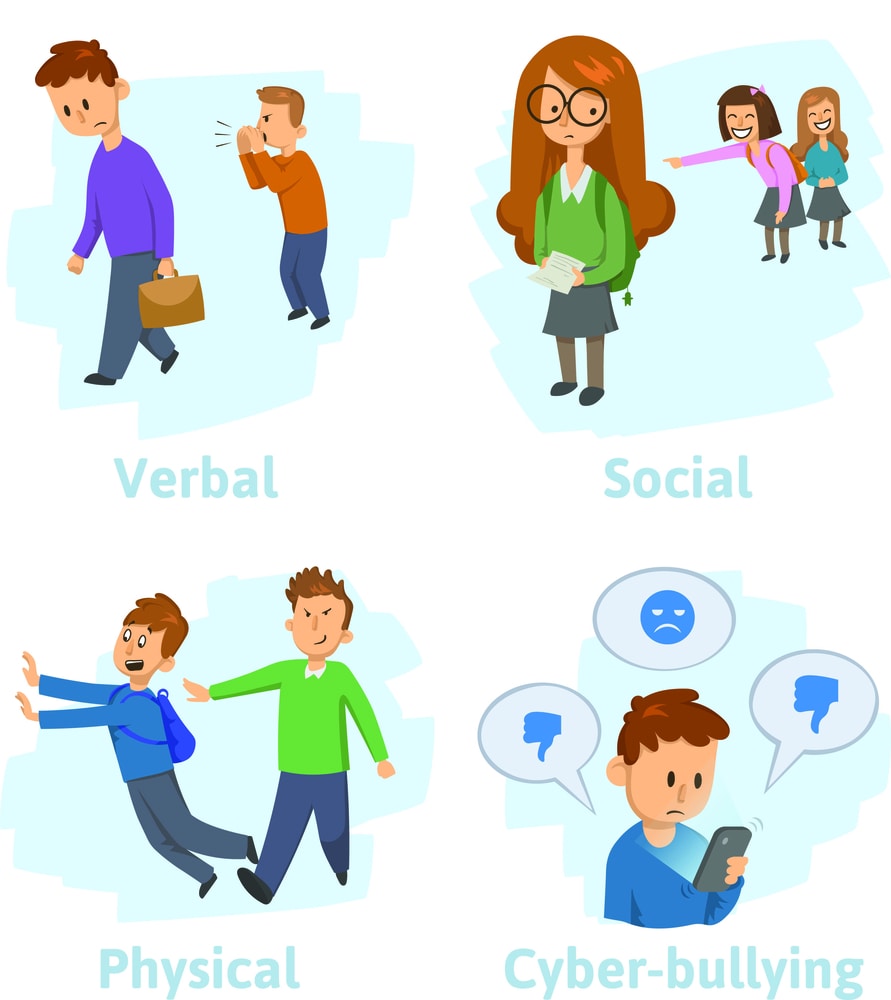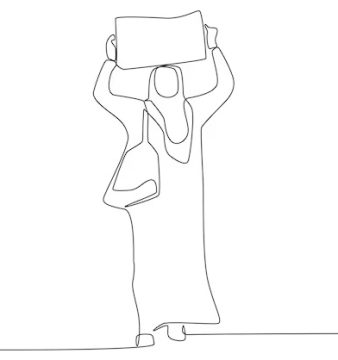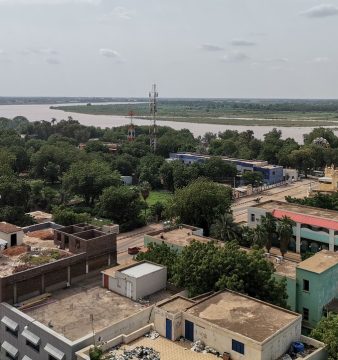Understanding Bullying in Sudan

Bullying is widespread around the world. Schools and other forms of educational institutions are the most common places where bullying is found. In Sudan, bullying is rampant in schools across the country.
To collect data and insight about bullying in Sudan, I have conducted a questionnaire, which was shared on social media platforms. There were 110 respondents where 65% were female and the remaining 35% were male of which 38% are in university between the ages of 19 to 31. At least 69% of the respondents answered ‘Yes’ to having been bullied. When people were asked if they have ever bullied someone, 47% of the respondents said ‘No’, 23% said ‘Yes’ and 29.4% said ‘Maybe’.
‘I just teased him but I don’t have any mean intentions. Perhaps, this had made him sad while I didn’t know,’ a respondent said. This is evident that people can’t find the line between teasing and bullying.
Bullying is an act performed by a bully, a person who seeks to harm or hurt others who seem vulnerable and weak. It meets a few criteria; it has to be repetitive with the means of hurting others. It has to be intimidating, with a bit of imbalance in social statuses or ranks.
Forms of bullying

Bullying can be direct or indirect. Direct bullying is direct acts of aggression towards individuals where a bully targets the victim privately or publicly in front of others. Indirect bullying involves passing on insults or spreading rumors. Indirect bullying mostly inflicts harm by damaging another person’s social reputation, peer relationships and self-esteem.
Friends can bully, too. A lot of people don’t react to this as it may be considered as teasing. However, if it hurts the other person’s feelings or makes them feel uncomfortable, targeted or inferior in any way, then it’s considered bullying. Many people suffer from this in silence because they feel like they are their friends and can’t stand up to them because they feel like they might be innocently kidding or teasing.
Whether direct or indirect, there are many forms of bullying.

Cyberbullying is a well-known term for bullying or harassment that takes place digitally whether by texting, emailing or most commonly, on social media platforms. It’s the use of technology to harass, threaten, embarrass or target another person/people. CuriousCat and Saraha are two websites that allow users to send messages to people anonymously. Although platforms such as these allows people to express their admiration for others anonymously, it also allows bullying without repercussions. People have more courage when they can do things without their identity being known. One of the respondents on the questionnaire said, ‘Twitter is my playground for bullying’.
Physical bullying is more common between males. Some males think by bullying others they seem stronger or more manly. They use their bodies and physical bodily acts to exert power over others.
There are a few cases of physical bullying in Sudan’s schools; however, it is uncommon. Verbal bullying, however, is the most common form of bullying in Sudan. Physical bullying is more common amongst males; whereas, verbal bullying is more common amongst females.
Verbal bullying is when an individual uses verbal language such as insults to gain power over his or her peers. One of the respondents on the questionnaire said, ’People call you stuff you don’t want to be called, either because of a situation or my look’. The most common form of verbal bullying amongst females is to start rumors or speak ill about another person.
Another form of bullying, which is uncommon, is family bullying, which is also a form of domestic abuse. It is the psychological tormenting of the victim. It is common amongst siblings as well as adults bullying a child because he/she is physically or mentally different from his/her siblings.
Who is more likely to bully?
There aren’t any specific characteristics that tell who is more likely to bully others. Some people, who have been bullied at an earlier time, cope with what happened to them by bullying others. People who have anger management issues and come from homes of domestic abuse or violence might resort to bullying whether at home, work or in public. People who are being oppressed or marginalised in any way might react by bullying others.
Amongst males, one of the main reasons for young boys or men to bully others is this idea of masculinity. Boys or men who appear stronger or tough bully who they perceive are ‘weak’ men in their environment due to either their physical appearance or character. One of the respondents of the questionnaire said, ‘I bullied him in front of a group of people so that we can laugh and they can see me as a cool person, which will let them not bully me’.
Who is more likely to get bullied?
Many people are bullied because of their appearance such as their hair, skin colour or body type. In Sudan, these are there same reasons people get bullied. In many cases, people get bullied because of their race or tribe. Tribalism is very common in Sudan. Many Sudanese people are treated differently and discriminate against because of their tribe or ethnicity. Some families refuse to marry into another family just because of the tribal differences and clashes. Some people refuse to even interact with others just because of their tribe. One of the respondents said, ‘They used to bully me because of my tribe’.
The harms and impact of bullying

Bullying is linked to many negative outcomes including impacts on mental health, substance use and suicide. People who encounter bullying in their lives might develop personality and mental disorders including depression, anxiety, post-traumatic stress disorder (PTSD) and eating disorders. Victims of bullying might easily feel fear and intimidation in public areas. Some might feel like they have to adjust or modify how they look or act to fit in with others and avoid bullying, suffering from low self-esteem and social anxiety in the future. There are cases where victims of bullying have developed depression, which has led to the point of committing suicide.
In addition, unfortunately, some victims of bullying become bullies themselves.
What to do if you are getting bullied?
Dealing with bullying or being bullied is not easy. Many people prefer letting the situation pass without dealing with it. However, tell them to stop and stand up to him or her. Bullies hurt others just because they think the person who’s getting bullied is weak and won’t do anything about it. By standing up to your bully, you show him you are not weak. However, in some cases, you should consider walking away and saying nothing but don’t let hurtful words beat you down.
If you are getting bullied online, get off the internet, delete accounts where you are bullied, and most importantly, don’t respond to online bullies. Getting into online conversations/chats can make things worse.
The most important thing to so is seek help from someone you trust – a friend, counsellor, mentor, or even someone with authority or power. If you are at school, try talking to a teacher or a counsellor, or even your parents about what you are experiencing.
Lastly and most importantly, don’t become a bully yourself. Don’t give in to anger or in to peer pressure. Stay calm, peaceful and positive! Spread kindness!

Rawan Abazer is an architect-to-be based in Sudan, trying to put her fingerprints on the world by writing. ‘We put our passion towards traveling and exploring the world into writing,’ she says.




